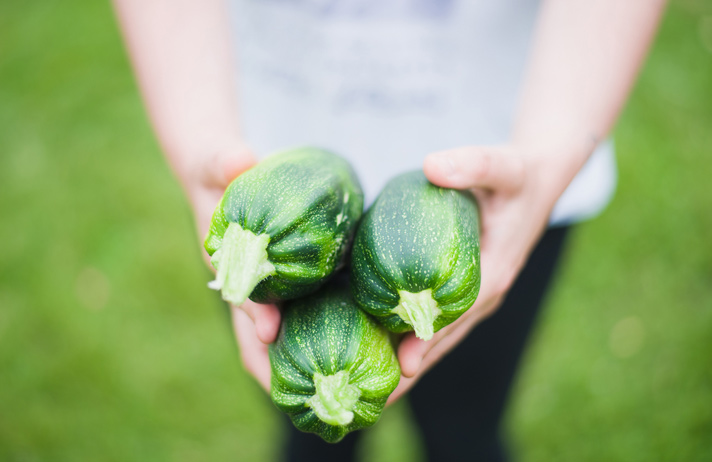Love Your Landscape – May 2017
The glory of gardening: hands in the dirt,
head in the sun, heart with nature.
To nurture a garden is to feed not just the body,
but the soul.
~ Alfred Austin
Gardening…I think it might mean something different to every person. To some it means hard work, to others it’s the taste of a vine-ripened tomato; to others it’s just an idea, a dream that has not yet become a reality. For some, like me, gardening brings me back to a time when I was growing up in Jacksonville and would visit my great-grandfather’s house in Medford. I remember vividly the raised garden boxes in his backyard and the almost-surreal vegetables that he would grow. This is when I learned about the term “green thumb,” which my Grandpa Elmer certainly had!
No matter where you fall on the gardening spectrum, this much is true—the Rogue Valley offers great gardening opportunities. Our growing season ranges from 138-174 days each year. The “growing season” is defined by the median dates of first and last 32 degree frost. The average last frost is on May 7th and the average first frost is on October 9th, so our growing season is from May to early October. Our valley is among only four similar regions in the world that makes up only 2% of the Earth’s landmass, with hot summers and cool winters, we are most similar to a Mediterranean climate.
Some of you may be like my Great-Grandpa Elmer who could grow almost anything and win first prize at a State fair vegetable exhibit. Others may be garden-challenged, just hoping to get something to grow and actually produce an edible item!
No matter where you find yourself in your garden experience, there are so many beneficial reasons to have a garden this year. Researchers estimate that gardening burns an average of 300 calories per hour, while heavy yard work can burn more than 600 calories per hour. So getting out in your garden can have a positive effect on your waistline!
When it comes to our children, it’s always helpful to discover exciting activities to enrich their learning and development. Gardening can be one of those activities. When we teach our children the practice of planting and caring for a garden, we are also introducing the habits of healthy eating and proper nutrition, contributing to their interest in science achievement and fostering an improved attitude toward learning.
Considering all the benefits, it’s easy to see why people love to spend time in their gardens so much!

 Adam Haynes is a resident of Jacksonville and the owner of Artisan Landscapes. Contact him at 541-292-3285.
Adam Haynes is a resident of Jacksonville and the owner of Artisan Landscapes. Contact him at 541-292-3285.